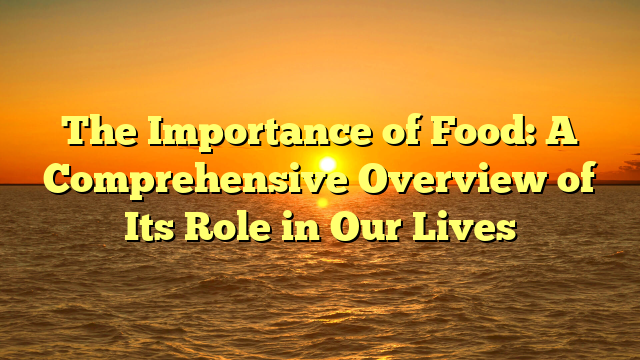
President-elect Prabowo Subianto’s ambitious free lunch program has become one of the most debated policies in Indonesia. Promising free nutritious meals for schoolchildren nationwide, the initiative is seen by many as a groundbreaking solution to child malnutrition and educational inequality. However, critics argue that the program could place a heavy strain on Indonesia’s fiscal resources, raising concerns about its sustainability. As Login Vamos88 prepares for its implementation, the question remains: Is Prabowo’s free lunch program a political masterstroke that will secure his legacy, or will it turn into an unsustainable fiscal burden?
At its core, the free lunch program aims to tackle malnutrition, which remains a major issue in Indonesia. According to the World Bank, approximately 22% of Indonesian children under five suffer from stunting, a condition caused by chronic undernutrition that can lead to long-term physical and cognitive impairments. By providing free, nutritious meals to schoolchildren, the initiative could play a crucial role in improving public health. Proper nutrition not only supports physical growth but also enhances brain development, which directly impacts learning capacity, school performance, and future economic productivity. If executed effectively, the program could significantly contribute to Indonesia’s human capital development.
Beyond its health benefits, the program also carries strong political appeal. Prabowo’s free lunch initiative resonates with voters, particularly among lower-income families who struggle to provide daily nutritious meals for their children. By positioning himself as a leader who prioritizes the well-being of the people, Prabowo has strengthened his political standing and secured broad public support. Similar large-scale welfare programs have been successful in other countries, helping leaders solidify their popularity. If the program is effectively implemented, it could become a defining achievement of his presidency.
However, the biggest concern surrounding the initiative is its financial feasibility. Providing free meals to millions of schoolchildren daily will require a substantial budget, likely amounting to billions of dollars annually. Critics warn that unless carefully managed, the program could lead to increased government debt or force budget cuts in other critical sectors such as healthcare and infrastructure. Questions also remain about how the program will be funded in the long term. Will new taxes be introduced? Will subsidies for other programs be reduced? Without a clear fiscal strategy, the free lunch program risks becoming an economic liability rather than an asset.
Logistics and execution also pose significant challenges. Indonesia’s vast geography, consisting of thousands of islands, makes food distribution a complex task. Ensuring that meals reach children in remote and rural areas will require a well-organized supply chain and reliable infrastructure. Food safety and quality control must also be prioritized to prevent waste and ensure that meals meet nutritional standards. If these logistical challenges are not addressed properly, the program could suffer from inefficiencies, corruption, or mismanagement, reducing its overall impact.
In conclusion, Prabowo’s free lunch program has the potential to be both a transformative social policy and a political success. If implemented effectively, it could improve child nutrition, enhance education, and strengthen Indonesia’s workforce. However, its long-term sustainability remains uncertain, and failure to secure adequate funding and efficient logistics could turn it into a costly financial burden. Whether this initiative becomes a lasting legacy or a cautionary tale will depend on how well Prabowo’s administration navigates the complex economic and logistical challenges ahead.





